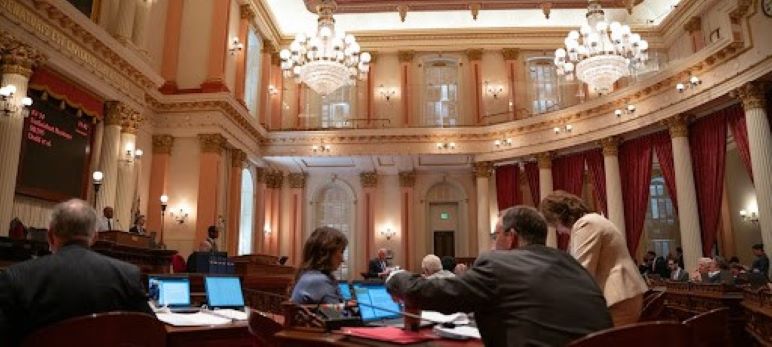
"A crackdown on predictive software that sets prices and can rip you off seemed to be brewing in the California Legislature earlier this year, but today lawmakers eased up, voting to kill bills that would have kept software from setting the price of apartment rentals and other goods and services. Another bill, which sought to bar the use of personal information to set prices, was reined in to apply only to grocery stores."
"Lawmakers also killed a bill that aimed to protect electric utility customers from bearing higher costs associated with data center proliferation, which has been driven in part by energy-hungry artificial intelligence systems like ChatGPT. The measure would have required data centers to publicly disclose how much energy they use. The author of the legislation, Democratic San Ramon Assemblymember Rebecca Bauer-Kahan, wrote in a statement she was disappointed to see the bill stall and that, without it becoming law, state regulators would be unable to "accurately forecast demand in this rapidly growing sector, leaving California ratepayers to unfairly shoulder the costs."
California lawmakers voted to kill bills that would have prevented predictive pricing software from setting apartment rents and other prices and narrowed a measure banning use of personal information to set prices so it applies only to grocery stores. Lawmakers also rejected a bill requiring data centers to disclose energy usage, despite concerns about cost impacts tied partly to AI systems like ChatGPT. Assemblymember Rebecca Bauer-Kahan expressed disappointment, warning regulators will be unable to accurately forecast demand and that ratepayers could bear unfair costs. Decisions on AI auditor registration and human oversight for critical infrastructure were delayed until next year.
Read at San Jose Inside
Unable to calculate read time
Collection
[
|
...
]